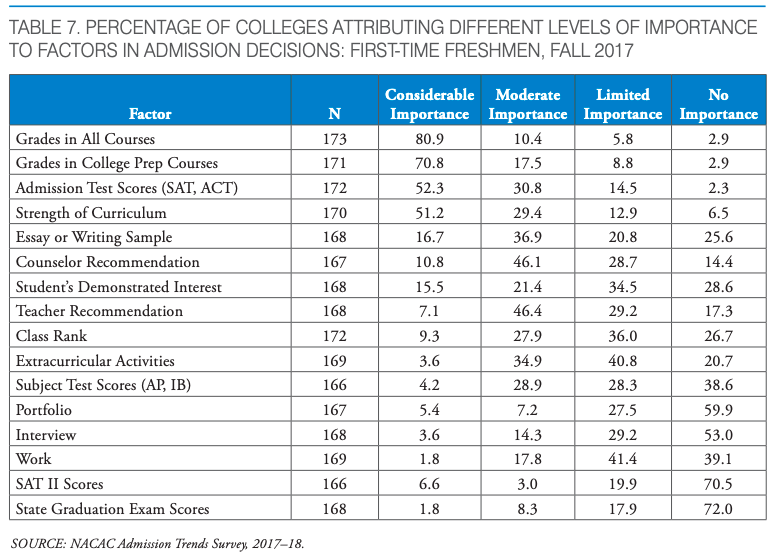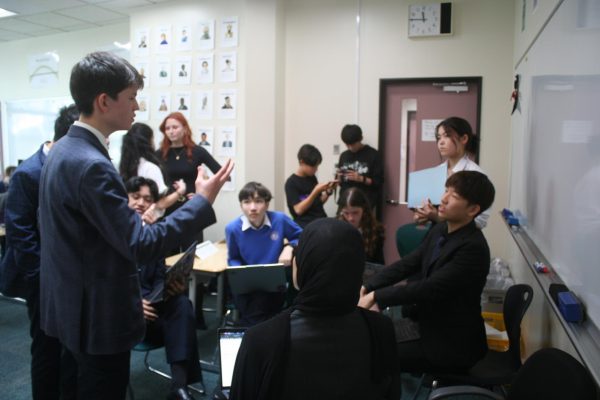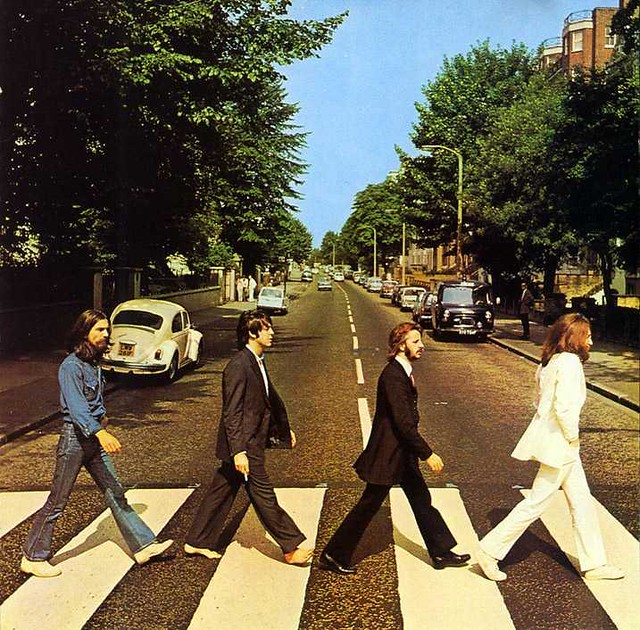The Strangeness of AP 2020
Photo by Elysia Hahn
May 21, 2020
In these last few months, the coronavirus has impacted every facet of our lives. As high-school students finish up AP testing, the extent of this impact is felt with a new intensity. While a majority of exam programs worldwide—such as the worldwide IB exams, the English A levels, the French Baccalauréat—announced that they would cancel their 2020 exams, the College Board opted for an alternative route. Instead of the usual three-hour tests, the 2020 AP exams have changed to 50-minute online exams. With 92% of ASIJ students taking 3 or more APs in their high-school careers, the impact of this decision was widespread in our community.
For sophomores, the modified exams omitted a crucial testing experience. Sophomore Kokoro Igawa commented, “I’m definitely worried as to how different they’re going to be next year. This year was supposed to be the year that we were going to learn how to take AP exams. We don’t have that anymore.” For juniors, the tests were the last AP scores for college applications. Junior Kevin Yang’s opinion of the 2020 APs is one shared by many: “This year’s AP exams were definitely not an accurate measure of proficiency in those classes. Squeezing in a whole year’s worth of content into a one or two questions is just not feasible.”
Furthermore, as all tests of the same AP subject were administered at the same time worldwide, ASIJ students took this year’s exams at 1:00 a.m., 3:00 a.m., and 5:00 a.m. Junior Elysia Hahn commented, “I really don’t see the point in the world taking these exams at the same time if we don’t even get the same questions.” She added, “I’ve been trying to switch my sleep schedule and start studying from when I wake up but periodically I feel like just giving up,” voicing a common sentiment among ASIJ students.
While these negative aspects of the AP-exam situation can only be acknowledged and pushed through, ASIJ counselor Ms. Raggio maintained that we must put the importance we assign to APs into perspective. Of all the aspects taken into consideration in the college-application process, AP scores rank 11th out of 16 factors [see chart]. “On the other end of this is a university system that understands what you’ve had to do,” she says. First acknowledging that the time zone situation is “awful and reprehensible,” Ms. Raggio added that the College Board’s decision to maintain the exams may actually work out favorably.

Raggio explained, “If they don’t go as well as you had hoped, they’re easy to put in the context of ‘that student tested at 3 a.m. so let’s kind of put it aside and not let it have too much importance.’ But, if you do great, then I think it does have the potential to be an advantage to you.” Regarding preparation for 2021’s three-hour exams taken by rising juniors and seniors, Ms. Raggio said, “I actually think that by doing it under these terrible circumstances [this year], the normalness of being in a school setting will hopefully be all the preparation that you need.”
Despite this year’s testing disadvantages, junior Elysia Hahn said, “We can’t forget that we’re so fortunate to even be able to test and have a safe home with our families and food.” According to a report by the US Federal Communications Commission, 6% of Americans, or 19 million people, lack access to broadband internet connection (FCC). Additionally, 33% of all Americans report “they or someone in their household has taken a pay cut or lost a job—or both—because of the COVID-19 outbreak” (Pew Research). Worldwide, there are grave concerns about the food situation. According to the World Bank, “an estimated 265 million people could face acute food insecurity by the end of 2020, up from 135 million people before the crisis.”
In light of this global crisis, junior Manou Richter commented on our fortunate circumstances: “There are so many people in worse situations than me, who have no control over their lives right now. I’m just trying to keep a positive attitude and put things in perspective.” Richter’s positive attitude might help other ASIJ students as they reflect on this year’s highly unusual AP exams.





















Mrs. Bennett • May 26, 2020 at 9:08 AM
Thank you for this article Marine. I really appreciate the different perspectives you write about. This certainly helps me re-frame my thinking about the exams. It certainly has been a stressful time for all!